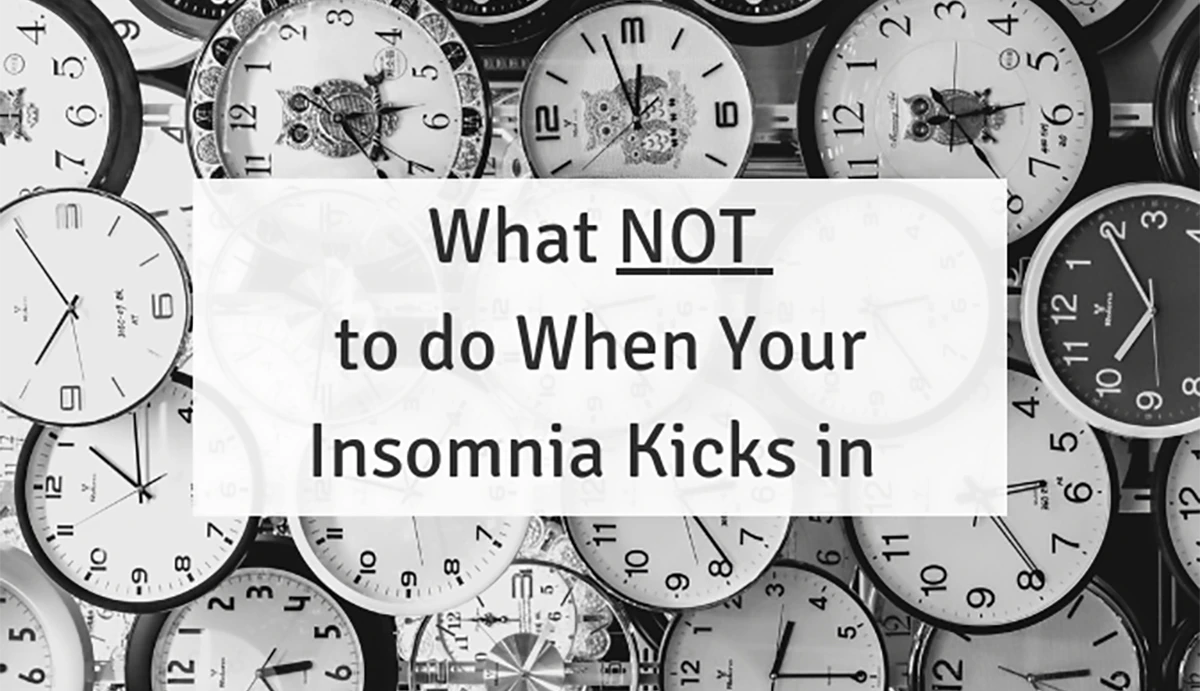It happens to everyone: a night of tossing and turning. Around 30-40% of adults report having symptoms of insomnia within a given year. However, there are some steps you can follow to take charge of your sleep by eliminating bad habits that may be keeping you awake at night.
Don’t Stay in Bed: Nitun Verma, MD, a sleep specialist and the medical director of the Washington Township Center for Sleep Disorders in Fremont, California, says not to stay in bed in hopes of eventually getting some shut eye. “You don’t want to lie in bed and frown your eyebrows and force yourself to sleep,” Dr. Verma explains. “That almost universally backfires.” Instead, get up and find an activity that is between stimulating and boring like reading a few chapters in your book. “You’re trying to guide your mind into focusing on something, but not something overly exciting,” he says. After a little while, hop back into bed and see if the insomnia passes.
Don’t Drink Alcohol: Sipping on a glass of alcohol right before bed may not be the best idea for a great night’s sleep. While it might put you to bed initially, once the feeling wears off, you’re likely to wake up several times throughout the night. “Your arousal threshold is lower,” Verma says. “If there’s a noise in the house above that level, it’s going to wake you up.” A good solution, try to cut out alcohol a few hours before bed.
Don’t Indulge in Late Night Web Browsing: Thanks to developing technology, the internet is at your fingertips while you lay in bed at night. However, the light from your phone or computer is affecting your ability to fall asleep. “If your eyes are getting really bright light before bedtime, that bright light is telling your brain to stay awake,” Verma says. To solve this problem, start dimming down light three hours before bed and avoid phones and computers completely.
Don’t Work in Bed: While your laptop makes it easy, and more comfy to pay bills and answer emails from your bed, turning this sleeping space into a work space can have negative consequences. “You don’t want your brain to associate work stress or problems with sleeping,” Verma says. Reserve this space for sleep.
If you are still struggling with insomnia, Preferred Research Partners is currently enrolling volunteers for an insomnia research study. If you’re interested in learning more, fill out the form below and a study representative will be in touch with you shortly to discuss your qualifications.

